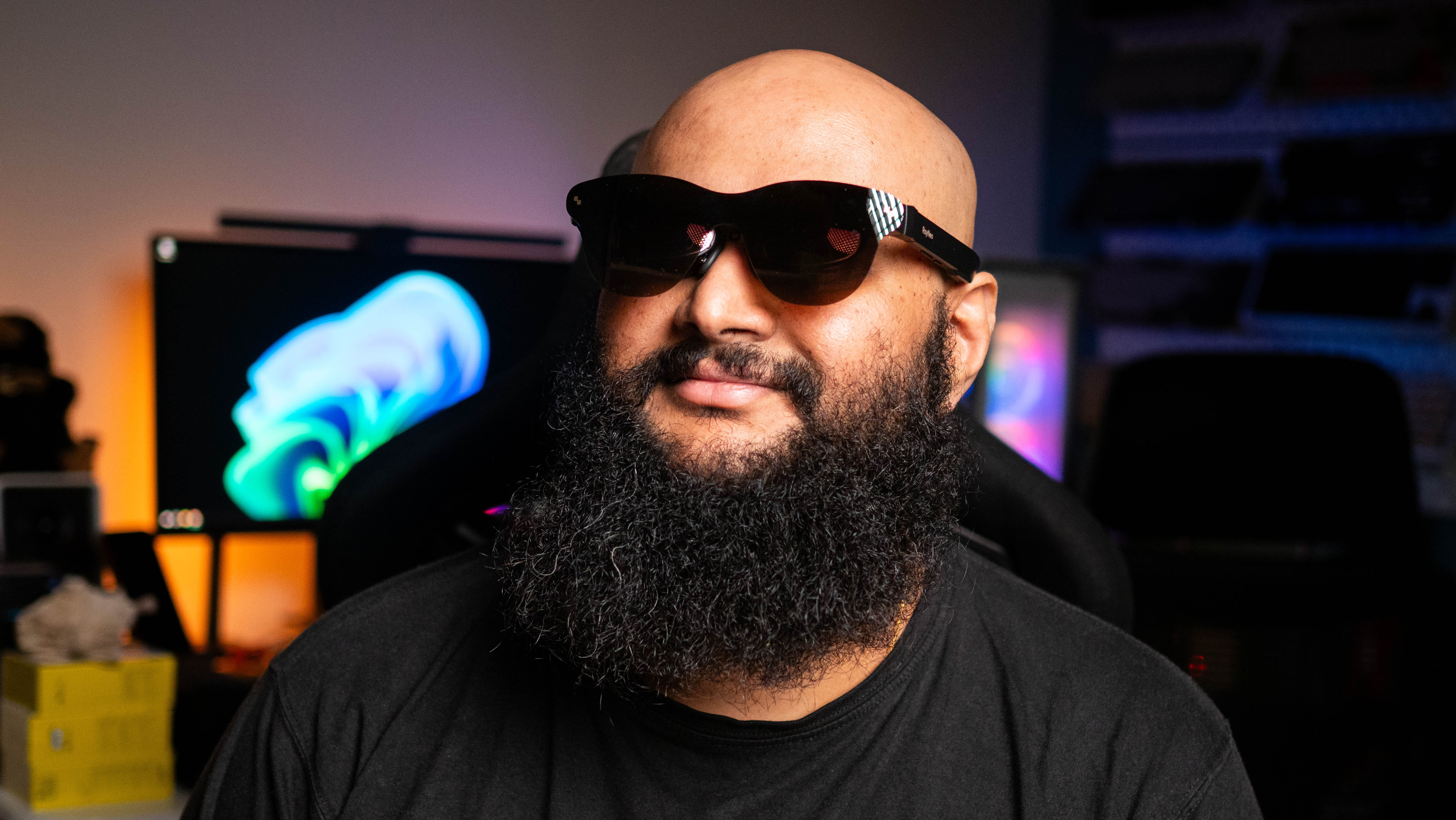Life isn't fair; neither are OS updates -- why a recent study doesn't predict the future
There's been much hubbub made this week over a study by Computer World that tracks which phones have been upgraded to Froyo, and how long it took them to receive the update.
Here's a little secret though: That's all it does.
Don't get us wrong, it's nicely done, with easy-to-read charts, and raw data that even this math flunky can understand. But it doesn't predict the future.
Squint at it all you want -- you cannot look at the raw data or bar graphs and predict if your phone is more likely to be upgraded, or which carrier is more likely to upgrade a phone in the future.
Crazy talk, we know. But we'll explain after the break.
(Ed. note: This is borrowed and expanded on from a post I made in the Android Central Forums.)
The study we're referring to is ComputerWorld's "Android Upgrades: Which carriers can you trust." And "Which manufacturers can you trust?" Fun titles. Certainly pull at the heartstrings. Because we all want to trust our carrier and manufacturer, right? (If there's anyone out there who thinks they can trust their carrier to do anything but try to make money, I've got some waterfront property in Kansas to sell you.)
Get the latest news from Android Central, your trusted companion in the world of Android
There are upgrades, and then there are upgrades, apparently ...
The methodology of this study, while appearing to be sound, is anything but. Consider this, from the manufacturers' report card:
There are a million ways you could analyze Android upgrades. Some phones, for example, were upgraded between June and December of 2010 -- but only to Android 2.1. Since those decisions were made despite the fact that Android 2.2 was readily available, I'm not factoring them into this analysis as full commitments to Android upgrading.
Ah, so manufacturers did upgrade phones, just not all to Froyo (and some multiple times). Those shouldn't count as upgrades, eh? AT&T was among the first to release a fix for the Galaxy S GPS bug. But that doesn't matter here? I shouldn't "trust" a manufacturer and carrier to fix and improve between major version releases? But for some reason, that was ignored. (Probably because those updates are tougher to keep track of.)
So the title of the entire project should be "Which manufacturer/carrier can you trust to upgrade to Froyo," not "... to upgrade your phone" or just "trust" in general. There's a pretty big difference there. (Also, not including the regional carriers ignores not just a large number of devices, but devices that have been upgraded to Froyo.)
Some countries are more trustworthy, apparently ...
Moreover, ComputerWorld is talking upgrades from manufacturers/carriers in the United States, not worldwide. There's a big difference there, too, and a pretty big discrepancy. Use our example from the latest Android Central Podcast: The Galaxy S has been updated to Froyo in Canada. In the UK. And likely in lots of other places I don't even know about. But that's not considered in the study.
Not all phones are worthy of a major upgrade ...
We've said this before, and we'll say it again. You get what you pay for. And it's disingenuous to pretend that all phones are alike, that all are worthy of being upgraded to Froyo. All phones were not created equal. Should the Motorola Cliq or Devour have the same weight attached to it in ComputerWorld's "study" as the Droid in determining Motorola's responsibility (fiscal, moral or otherwise) in ensuring it's upgraded to Froyo? Absolutely not.
The phones in the "study" should be scaled by how likely one believes they are to be upgraded. No, that's not very objective -- but it's realistic. And it's what the carriers and manufacturers have to do. Life isn't fair, and neither are smartphone upgrades. That's actually the conclusion Raphael reaches, and it's something we've been saying for months. But why let common sense stand in the way of a pretty chart?
Sharing the blame, and placing emphasis on release date ...
And upgrades do not exist in a vacuum. In the United States, anyway, it's a necessary evil that the carriers play a major part in the upgrade process, given all the crap they force onto the ROMs in the first place. Take the Galaxy S example, again (and this is something we discussed during the podcast). What's the common denominator in the United States phones? not yet having Froyo? They're all on U.S. carriers.
And this all goes for the carrier report card, too. Of course AT&T has the fewest upgrades to Froyo -- it also has the fewest phones worthy of it (not to mention the fewest number of Android phones overall).
Later release dates also are overly prejudicial in this "study." The Samsung Continuum will take longer to be upgraded because of when it was released -- in mid-November. Samsung and Verizon need a little time for the phone to settle in with the public, to gauge how it's selling, what bugs show up initially, and probably a slew of other factors. So, again, it should be weighted lower in its expectation of receiving Froyo as of mid-January 2011.
You pay, and you roll the dice ...
Is a phone more or less likely to receive an update based on its carrier or manufacturer? Absolutely. The HTC phones that have been upgraded were predicted from the outset to be upgraded. (Though Sprint Hero missed out. Go figure.) And the HTC phones that have been upgraded are on Verizon, T-Mobile. Sprint (and the carrier-neutral Nexus One). The Asian version of the HTC Aria (available on AT&T in the U.S.) has been updated to Froyo. Here? Not so much.
But how'd you like to be the Xperia X10 on AT&T -- talk about a double whammy, eh? But to use the X10's lack of a Froyo update as an indication of whether the new Atrix is more or less likely to be upgraded to Gingerbread is ridiculous. Different hardware, different software, different operating system updates. Different paths entirely.
Carriers and manufacturers have to weigh a whole bunch of options in determining if a phone will be upgraded. And then they actually have to prepare, test and deploy the upgrade. There are a finite amount of people within a carrier or manufacturer to do so. Will your phone be upgraded? Maybe. Will it be upgraded as quickly as you want? Nope. The EVO and Droid camps sure were vocal while they were waiting. And once they were upgraded? The barking dog turned around three times and went back to sleep.
Our advice if a phone's taking longer than you want to be upgraded? Root and find a nice custom ROM.

